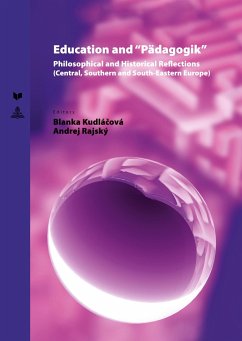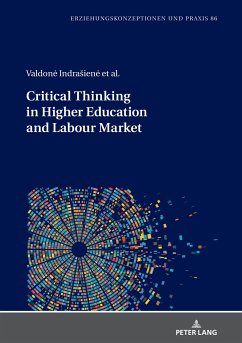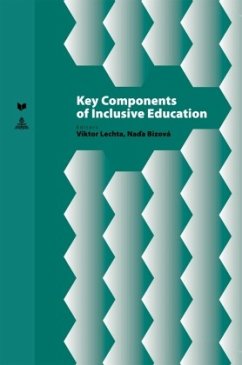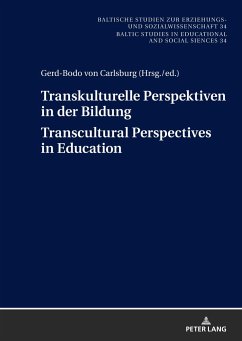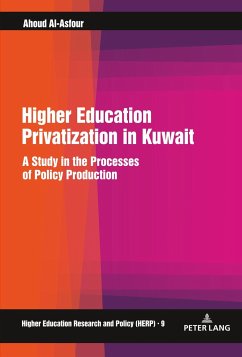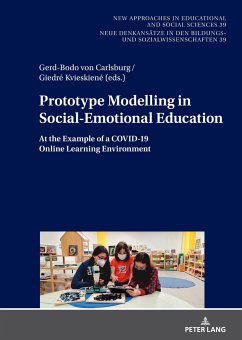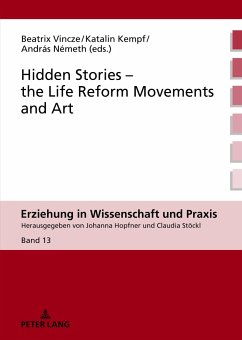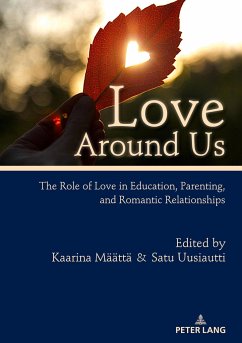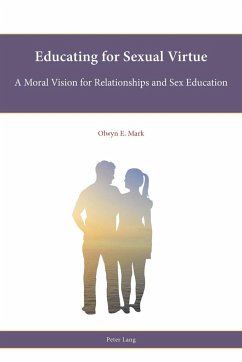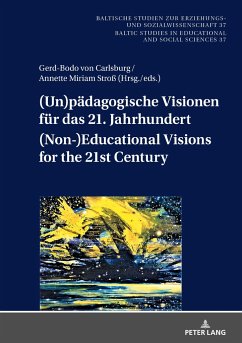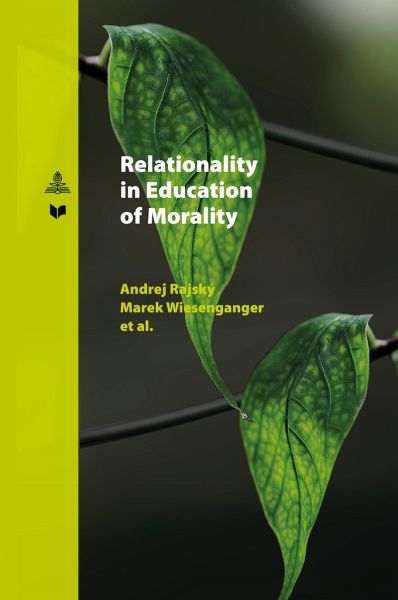
Relationality in Education of Morality
Versandkostenfrei!
Versandfertig in 6-10 Tagen
44,50 €
inkl. MwSt.

PAYBACK Punkte
0 °P sammeln!
The field of moral development and moral education has witnessed a relatively huge and differentiated growth in the recent decades both in the area of empirical research and theory and in the area of school practice. In this context, key questions about the importance of «the other» and «interpersonal relationship» in regard to the development of abilities to realise one's life in a truly human way arise. In this book, an international team of researchers examines if and what kind of a relationship with the other is necessary for morality development and vice versa, what kind of relational...
The field of moral development and moral education has witnessed a relatively huge and differentiated growth in the recent decades both in the area of empirical research and theory and in the area of school practice. In this context, key questions about the importance of «the other» and «interpersonal relationship» in regard to the development of abilities to realise one's life in a truly human way arise. In this book, an international team of researchers examines if and what kind of a relationship with the other is necessary for morality development and vice versa, what kind of relationality is required by specific models of morality. These and other relevant questions are not related only to a strictly philosophical framework, but there is a significant pedagogical overlapping.





